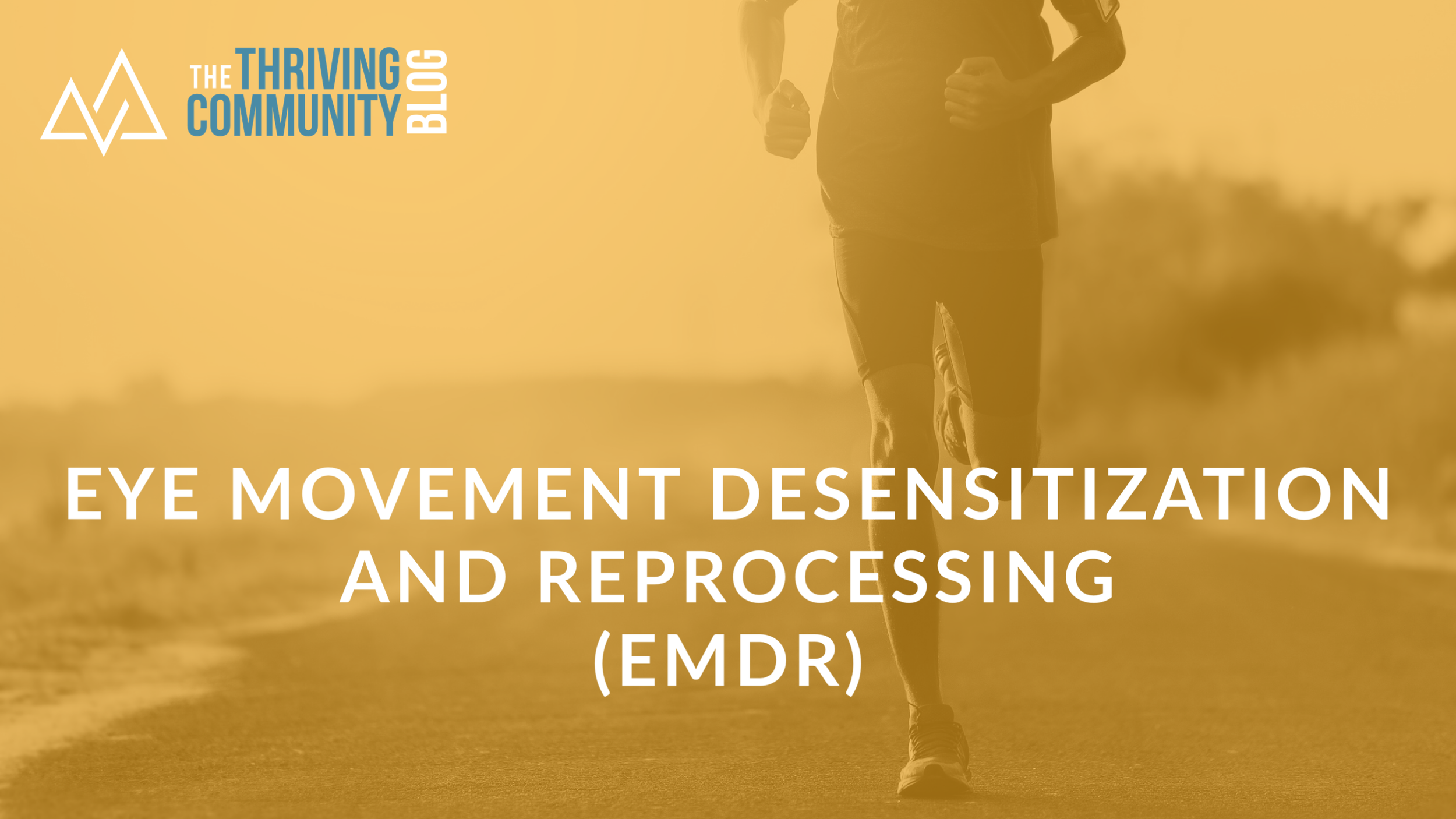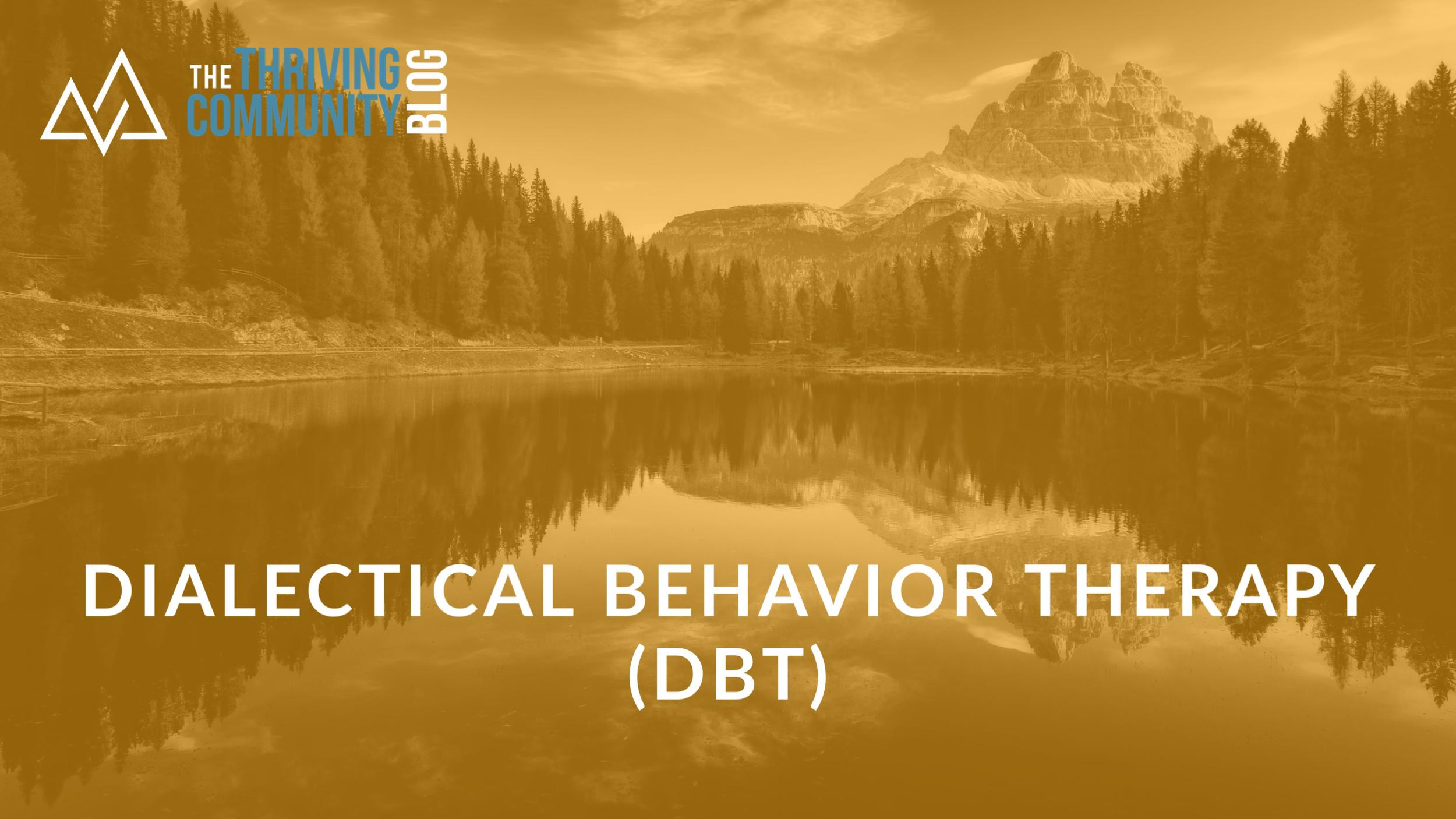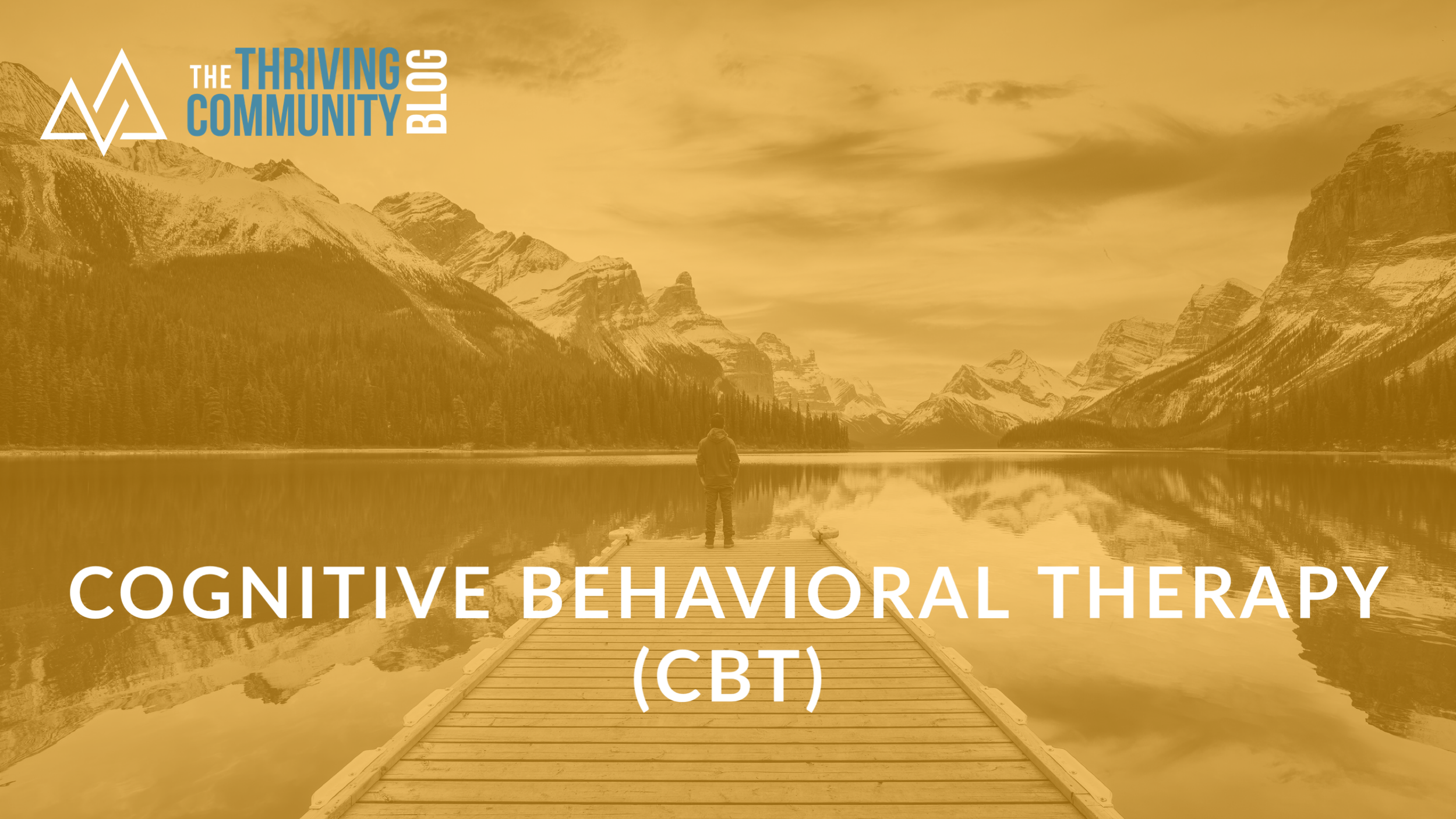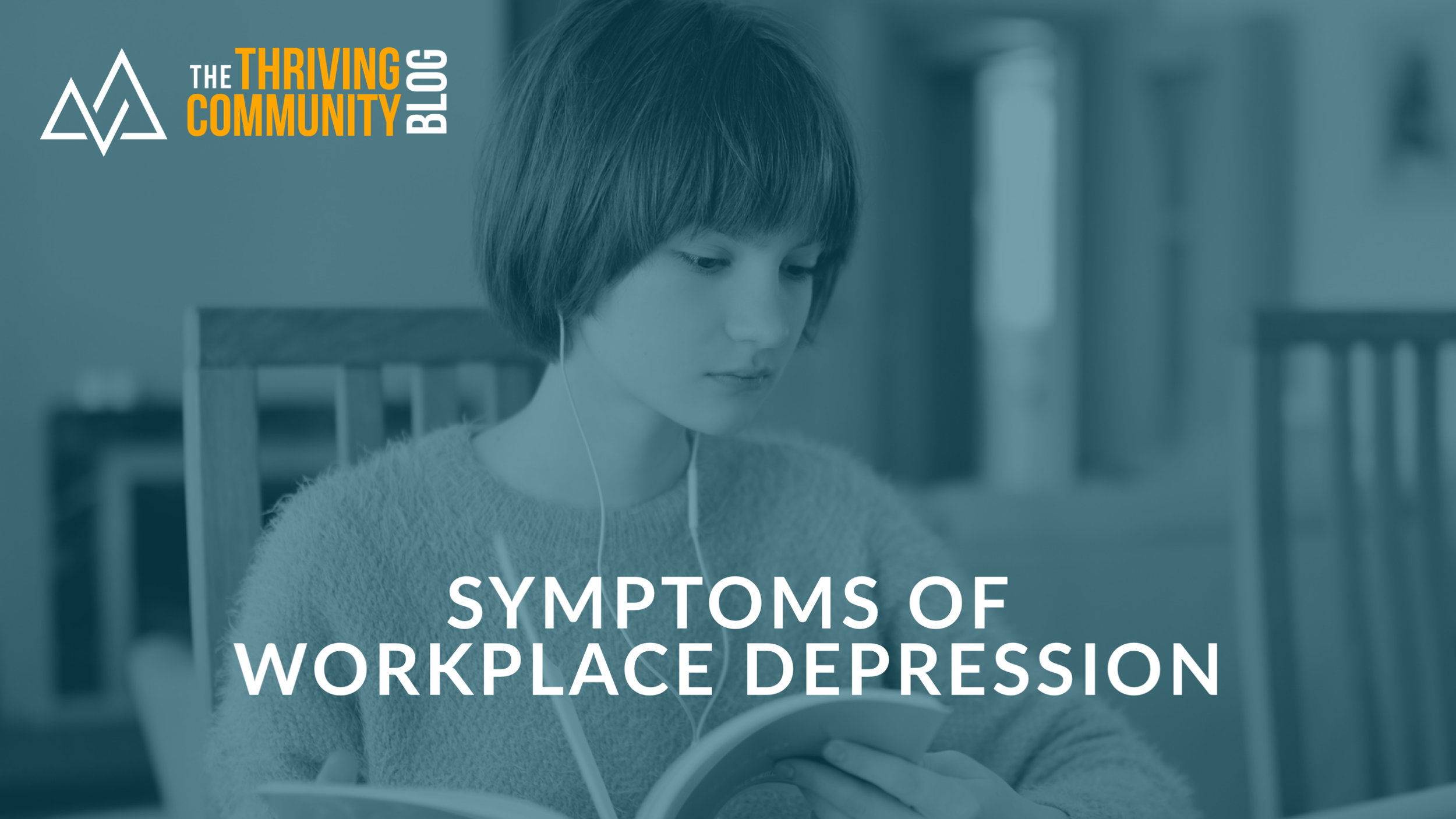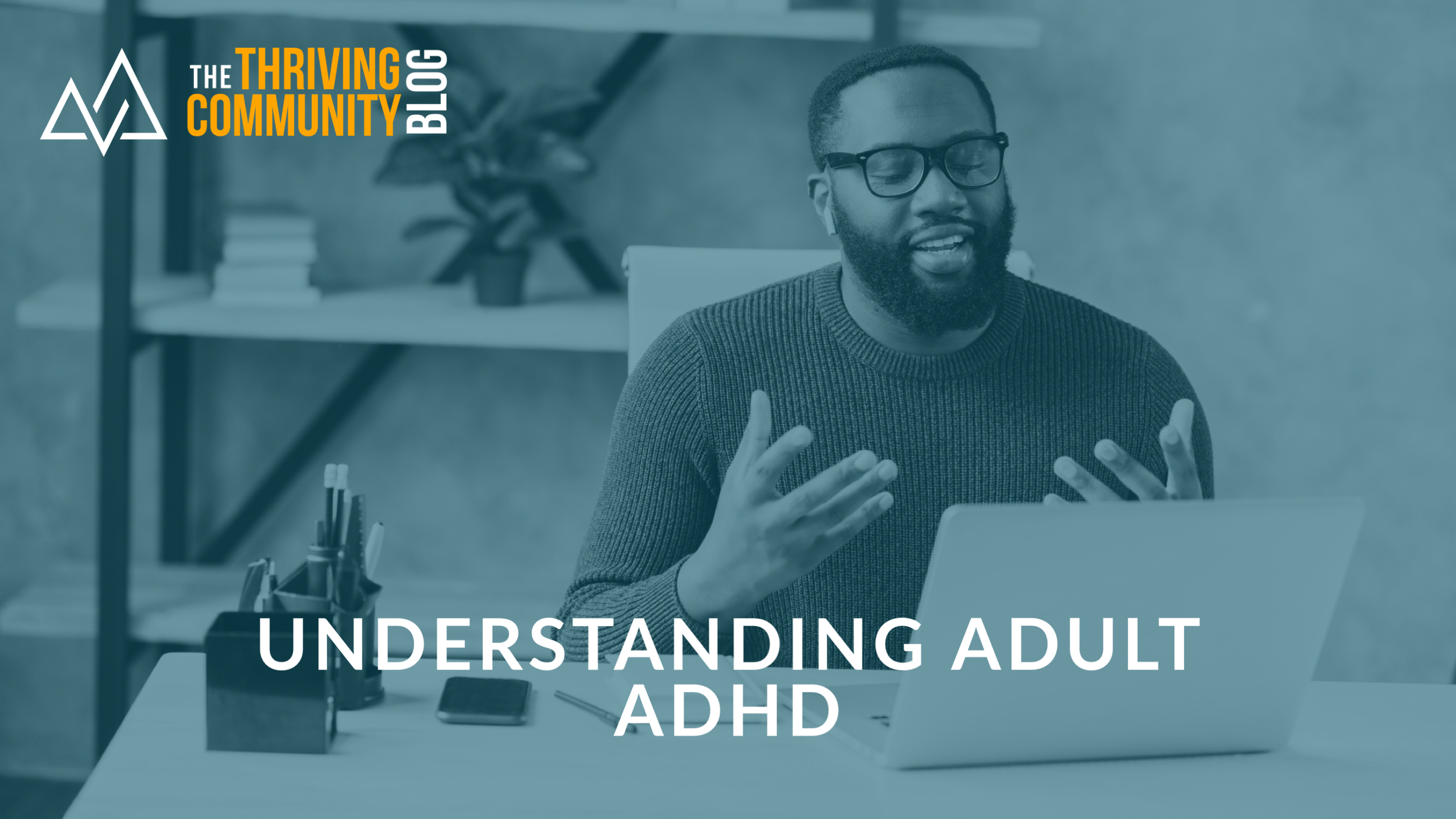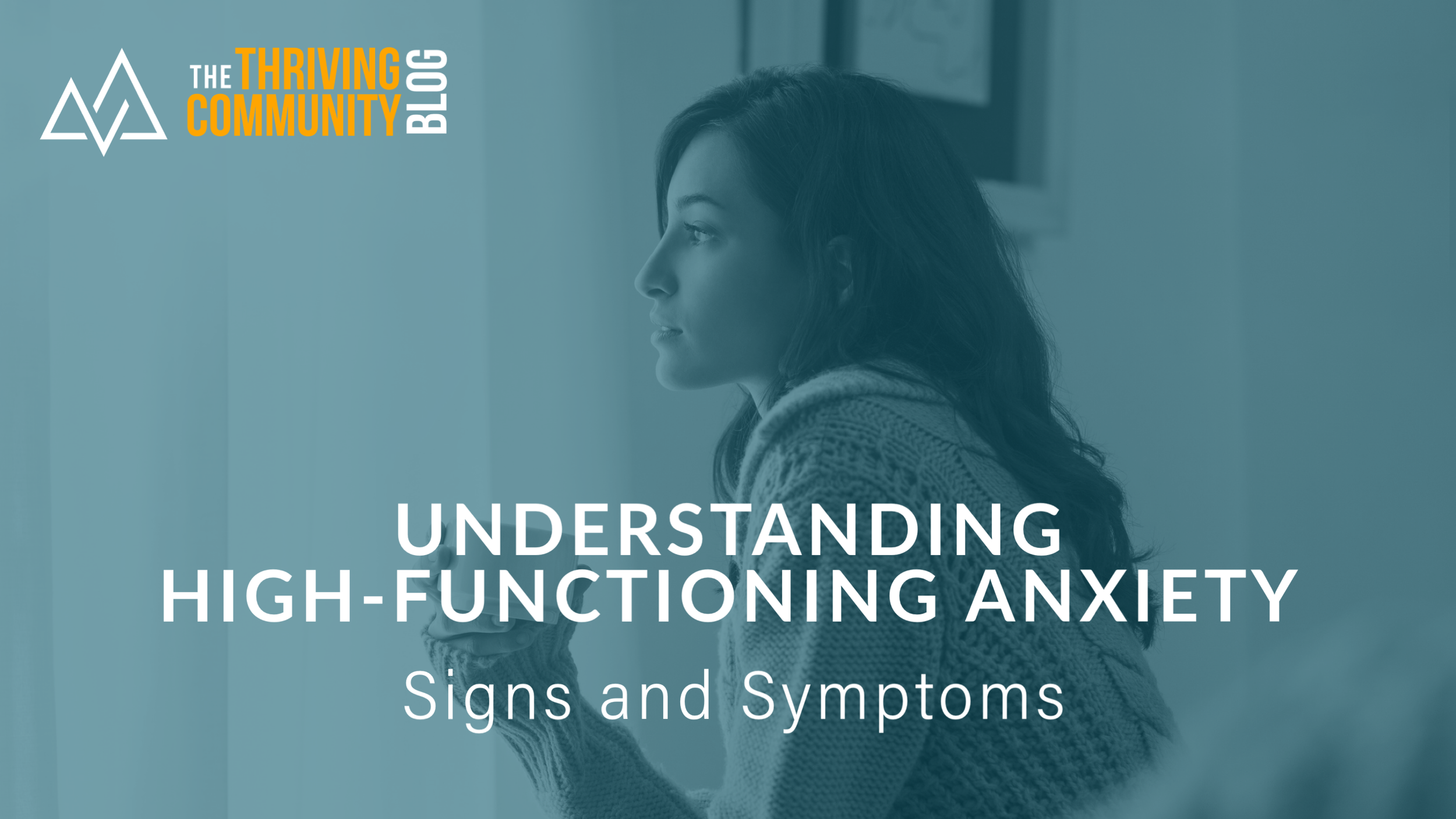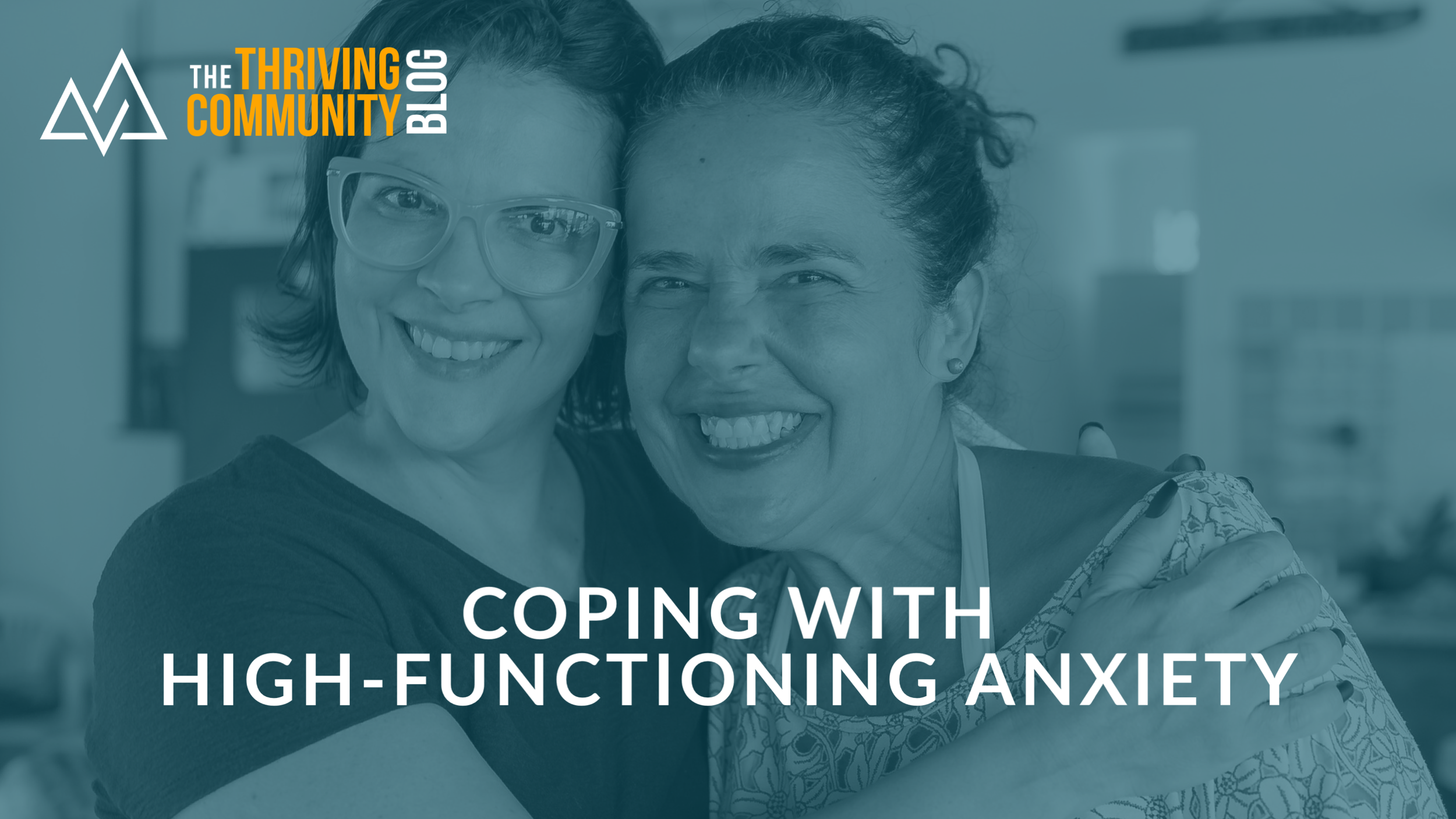
the Thriving Community
Redefining Masculinity: From Nice Guy to Authentic Man
Today, we're diving headfirst into the intriguing world of Nice Guy Syndrome (NGS) and uncovering the secrets to breaking free from its limitations. Buckle up as we navigate the characteristics of NGS, from its subtle nuances to its profound impact on personal relationships. But that's not all – we'll also dive deep into personal recovery experiences, sharing real-life stories of individuals who have triumphed over NGS and emerged more robust and authentic than ever. And finally, we'll unveil the attributes of an Authentic Man, guiding you toward a path of genuine self-expression and empowerment. So grab a seat and embark on this transformative journey together!
The Myth of the Nice Guy: Breaking Free from Approval-Seeking and Embracing Authenticity
In a world where societal expectations and stereotypes often dictate our behavior, a breed of men is known as the "Nice Guys." Coined from the amazing work by Dr. Robert Glover, these individuals have been conditioned to prioritize the approval of others above all else. They strive to maintain a pleasing image, always aiming to do things "right" and make everyone around them happy. But behind this façade of pleasantness lies a complex web of self-denial and constant fear of conflict.
Eye Movement Desensitization and Reprocessing (EMDR)
EMDR, or Eye Movement Desensitization and Reprocessing, is a psychotherapy technique that helps relieve the distress associated with disturbing memories. This therapy involves recalling a specific troublesome experience while following a side-to-side visual stimulus delivered by the therapist, with the resulting lateral eye movements thought to help reduce the emotional charge of the memory. Despite evidence that EMDR works for some clients, it has been highly controversial since it was introduced in 1987, with no universally accepted theory to explain its mechanism of action.
Dialectical Behavior Therapy (DBT)
Dialectical behavior therapy (DBT) is a structured program of psychotherapy aimed at teaching skills to manage intense emotions and improve social relationships. Initially designed to curb self-destructive impulses, it has found use in treating various mental health conditions such as borderline personality disorder, post-traumatic stress disorder, substance use disorder, anxiety, depression, and bipolar disorder. DBT consists of weekly group instruction meetings and individual therapy sessions for six months to a year. The therapy focuses on four key areas: mindfulness, distress tolerance, emotion regulation, and interpersonal effectiveness.
Cognitive Behavioral Therapy (CBT)
Cognitive Behavioral Therapy (CBT) is a form of psychotherapy that aims to help clients overcome present-day challenges, such as anxiety, depression, stress, anger, and relationship problems. Developed by Aaron Beck in the 1960s, CBT focuses on helping individuals identify and challenge maladaptive thought patterns to change their responses to difficult situations. It is a short-term and goal-oriented approach that can occur over 5 to 20 weekly sessions, usually around 50 minutes each.
Emotionally Focused Therapy (EFT)
Emotionally Focused Therapy (EFT) is a short-term therapy that aims to improve couple relationships by rekindling the physical and emotional bond that may have been lost. The therapy is based on research supporting attachment theory and considers the security of partner connection as the best way to initiate change in a dysfunctional relationship. EFT believes in the transformative power of love and focuses on restoring emotional ties, enabling partners to construct a mutually supportive and satisfying relationship.
Managing Depression at Work: 8 Tips for Feeling Better
Depression can be a debilitating condition that can make even the simplest tasks overwhelming. When you're struggling with depression, going to work can seem insurmountable. But you can take steps to manage your symptoms and feel better. Here are eight tips for managing depression at work.
The Healing Power of Anger
Forgiveness is often touted as the only way to heal from past hurts, but forgiving too soon can be harmful. Here are six reasons why you shouldn't forgive yet:
Symptoms of Workplace Depression
Depression is a common mental health condition that can affect anyone, regardless of age, gender, or profession. It can be particularly challenging when you're struggling with depression at work, where you spend most of your day. Symptoms of depression can vary from person to person, but some signs are specific to the workplace.
The Power of Forgiveness: Why Giving Second Chances Benefits You
Forgiveness is a term that we often use in our conversations, but it has various interpretations and sentiments. However, it is a complex concept which is not always well understood. By exploring its multifaceted nature and correcting the common misunderstandings, we can start to understand the deep importance it has in our lives.
7 Possible Causes of Workplace Depression
Depression can affect anyone at any time, and it can be especially difficult to deal with when it interferes with work. Like other mental health conditions, several factors can contribute to work depression. In this blog, we’ll explore some of the common causes of work depression and how to address them.
The Power of a Genuine Apology
Apologizing to loved ones can be difficult and crafting a heartfelt apology that leads to forgiveness can be a challenge. I have personally struggled with this issue, but seeking expert guidance and reflecting on my experiences has given me valuable insights and strategies for making better apologies. In this article, I will share seven actionable steps that can assist you in sincerely and effectively apologizing to your loved ones. This will ultimately pave the way for healing, understanding, and reconciliation within your relationships.
How To Support A Depressed Employee As A Manager
Depression can be a debilitating condition that affects many people, including employees in the workplace. As a manager or supervisor, it’s important to recognize the signs of work depression and take steps to help your employees. Here are a few ways you can support a depressed employee:
Understanding the Evolutionary Purpose of Negative Self-Talk
Negative self-talk can be overwhelming, persistent, and disruptive. It can disrupt our relationships, our ability to focus, and even our sleep. Many of us are familiar with the voice criticizing us and making us feel unworthy. This voice is often associated with the default mode network in our brain, which serves an evolutionary purpose by keeping us in line with clan norms.
Understanding High-Functioning Anxiety: Signs and Symptoms
Anxiety is a normal and expected part of life. It is a natural stress response and can help us stay alert and focused. However, when anxiety becomes excessive and interferes with daily activities, it can be a problem. High-functioning anxiety is a term that describes when people feel anxious but are still able to function in their daily lives. This type of anxiety is not an official diagnosis, but it can still be distressing and impact quality of life. Here are some signs and symptoms of high-functioning anxiety to watch out for.
Overcoming Passivity: Tips for Taking Control of Your Life
Do you often feel like life happens to you without much control over the outcome? Do you struggle to assert yourself in social and professional situations, often finding it difficult to communicate your opinions or needs? If so, you may have a passive mindset holding you back from reaching your full potential.
Optimizing Your Performance: Managing Stress and Finding Eustress
When most of us think of stress, we think of distress, which is the bad kind of stress that we all try to avoid. However, did you know that there is also a good kind of stress called eustress? Unlike distress, eustress can be beneficial to our overall well-being and can even enhance our performance in certain situations.
From Victimhood to Resilience: Taking Responsibility for Our Anger
Anger is a natural emotion that we all experience at some point. It can respond to various situations, such as frustration, disappointment, or perceived injustice. However, while anger is normal, how we manage and express, it can have significant consequences for our relationships and overall well-being. People often deal with their anger by blaming others for how they manage it. This approach can ultimately interfere with experiencing true self-worth and genuine empowerment.
Coping with High-Functioning Anxiety
High-functioning anxiety is when individuals experience anxiety symptoms but can still perform their daily activities. The external facade can often mask internal distress, leading to emotional turmoil. While cognitive-behavioral therapy and medication can help manage the condition, practicing good self-care can also significantly impact anxiety symptoms. Here are some self-care tips for managing high-functioning anxiety.
Unmasking the Nice Guy Syndrome: Breaking Free from the Approval Trap
The Nice Guy Syndrome is a term coined by Dr. Robert Glover, and it refers to a set of characteristics and behaviors exhibited by individuals who believe that being "nice" is the key to receiving love, having their needs met, and living a problem-free life. However, this life strategy often fails to deliver the desired outcomes, leading Nice Guys to try even harder, often to no avail. In this blog post, we'll explore some common characteristics of the Nice Guy Syndrome.



